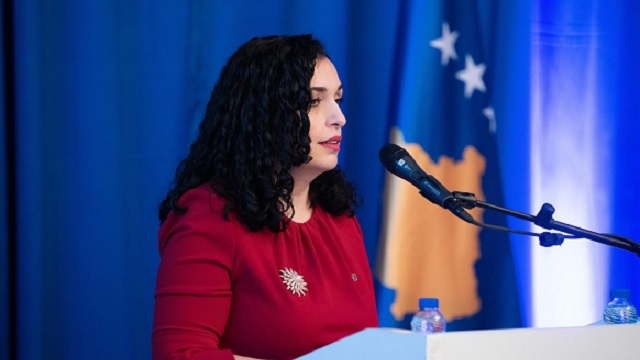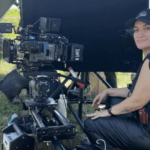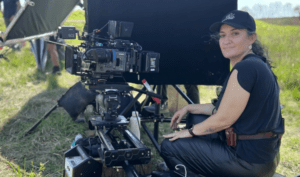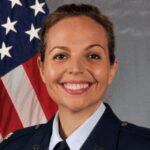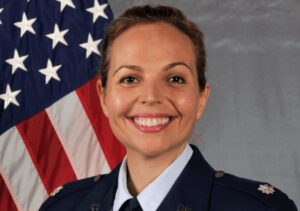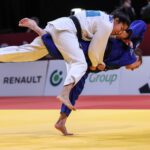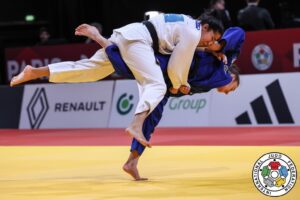The President of Kosovo, Vjosa Osmani, said on July 22 that the institutions of Kosovo should work to see if human rights are being respected in the case of the former leaders of the Kosovo Liberation Army, who are in custody near the Specialized Chambers in The Hague, suspected of war crimes and crimes against humanity.
During a joint press conference in Pristina with the president of Albania, Ilir Meta, Osmani was asked if she will visit the former KLA leaders in The Hague, but she said that actions are more important than visits.
“I believe that we will sit down and discuss with the institutions, first of all, how we can do our best so that the laws that the Assembly of Kosovo itself has approved, the constitutional amendments that the Assembly of Kosovo has approved, are implemented, but also regarding the protection of the rights of the accused in this case”, said Osmani.
In Kosovo, there is a lot of criticism of the Specialized Chambers for dragging out the process against the former leaders of the KLA, who have been in custody in The Hague for almost two years, and there is still no date for the trial against them.
Former KLA leaders, including former president Hashim Thaçi, former parliamentarians Kadri Veseli and Jakup Krasniqi, and former member of the KLA General Staff, Rexhep Selimi, have been detained in The Hague since November 2020. .
They are accused as suspects of war crimes and crimes against humanity.
Osmani also spoke about the resolution approved by the Parliament of Albania on July 21, which requires the Council of Europe to make updates regarding the report of Senator Dick Marty, from 2011, where it was claimed that there was organ trafficking in Kosovo and Albania during the war in Kosovo. This report was the trigger for the establishment of the Special Court for war crimes in Kosovo.
“Dick Marty tried to distort the truth that happened in Kosovo, a genocidal war of Serbia against the people of Kosovo, but he got the answer from the special prosecutors themselves”, said Osmani, referring to a report by the American prosecutor, Clint Williamson said in 2014 that his team’s findings did not include evidence of organ trafficking, but of other war crimes.

